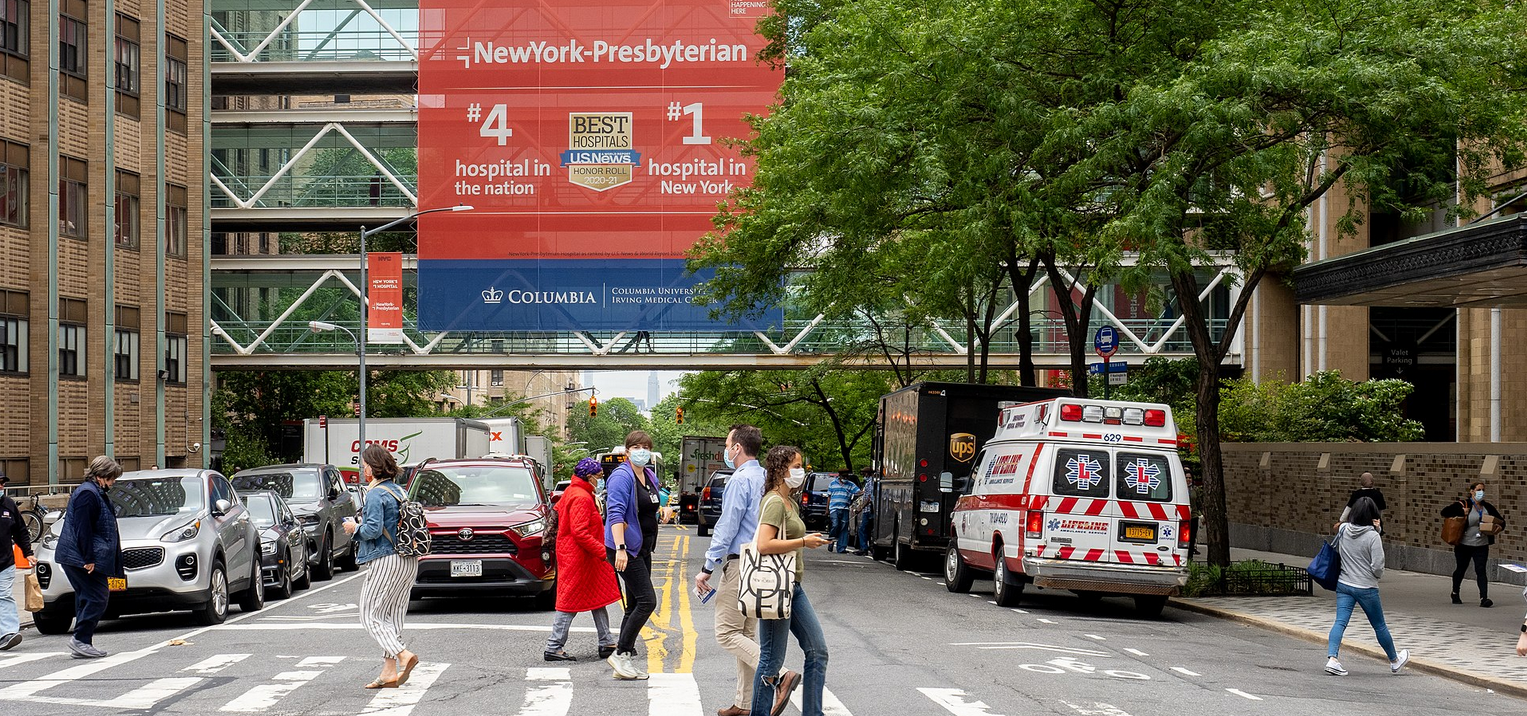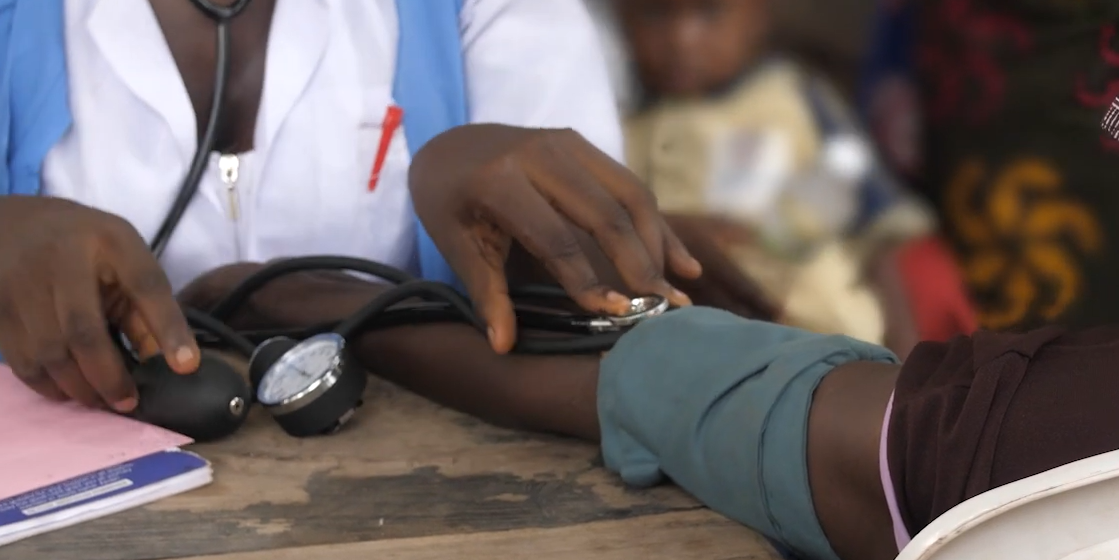Photos: YouTube\Twitter\ActiveMinds.org
Over the past few years, the violent experiences of the African American man showcased in the media, harken back to the days of Jim Crow in the USA. The days when white men of low economic standing were used as hunters to track down and round up runaway slaves and keep them in line with brutal tactics such as whipping, dogs, solitary confinement, physical handicapping, or outright shooting them to put fear in the hearts of others.
And from an economic standpoint, when Black men came home from WWII, they found themselves locked out of the middle-class opportunities in creating legacy wealth for their families. The Federal Housing Authority (FHA) created legal covenants that forbade the selling of new homes financed by FHA to Black men and their families. This act is at the root of the economic disparity between Black and white families and goes hand-in-glove with the violence the United States proclaims we have moved away from.
However, a cursory examination of the murder of Ahmaud Arbery tells a different truth.

White men in the 21st century treated a Black man like a runaway slave. He was tracked down and killed for being Black in a predominantly white neighborhood. These issues are evidence of a need for healing. Healing for the men who are experiencing physical and emotional pain, along with economic displacement, is carried out with aplomb by their own country’s government.
In her work, Post Traumatic Slave Syndrome – America’s Legacy of Enduring Injury and Healing, Dr. Joyce DeGruy first believes that universally American descendants of enslaved Africans suffer from both past and present repressive actions. They placed these nearly insurmountable obstacles in the way of African Americans’ path to the American Dream. These obstacles range from the outright stealing of African American land to unfair practices in housing, the justice system, voter suppression laws, and most other activities tangent to Black America.

Twenty-one years ago, the African American community thought that the videotaped beating of Rodney King on March 3, 1991, would be the end of sanctioned police violence against Black men, specifically. As we watched in horror and deep empathy, we hoped that this brother’s pain would lead to a real change. Instead, we got the usual level of justice, and per a recent USA Today survey, statistically, it was determined that most feel that relationships with the police were either worse (32%) or about the same (26%).
Also, the number of Black men shot by police from 1980 to 2019 was 3.5 times higher than their white counterparts per The Lancet. Finally, Mapping Police Violence found that between 2013 and 2022 there were 61 killings of Black people per one million people in the USA. And 98.2% of all police killings ended with no accountability, as no police were charged with a crime.
Many may say, “We as a country have come so far on race relations” and we represent a better society than before. No reasonable person would contradict that statement. However, with the country-wide fight amongst conservatives and Republicans to disallow the teaching and analysis of historical events in the USA, i.e., critical race theory, or full history in the classroom.
Currently, we have states passing bills similar to Texas’ S.B. 1, a voter suppression bill that targets Black citizens especially. All of these efforts have the population of African Americans feeling tired and interrupted in their pursuit of happiness.
Because of these actions, African American men are seeking access to mental healthcare in high numbers. Since the murder of George Floyd, it has become more evident to professionals in the American Psychological Association that new ways are needed to meet Black men where they feel safe in addressing the healing necessary from racism and violence.
These efforts have prompted groups like Therapy for Black Men to offer free access to therapy for Black men in the USA. As Black men need not only healing emotionally but also economic healing such as Reparations that address the issue of equity.

Just think, if this country had decided a hundred years ago to live up to its own words, “We hold these truths to be self-evident, that all men are created equal…”, advancing a progressive socio- political agenda that built powerful coalitions amongst the majority of the people. We would be able to live up to the propaganda that, the USA has built the best society on the planet.
However, what we have today is one of the most racist countries on the planet towards Black people. One that expends too much energy holding to the ideas of Nixon and Reagan, and the oppression of its black citizens. At this juncture, how will this country ever live up to its promise?
Orlando Taylor, MFA, is a poet, and author of the book, My Scars Are My Birthmark, from St. Louis, MO. He now lives in Northern CA.









